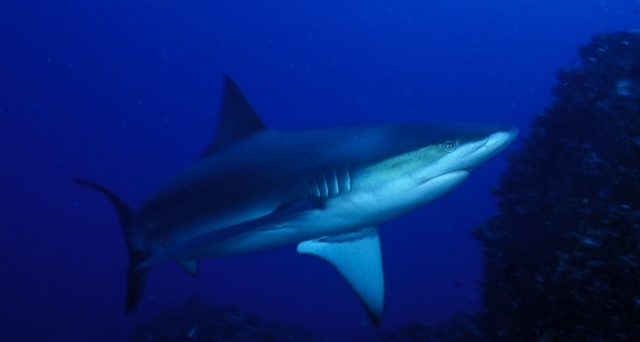Photo credit: Jacy Brunkow


Recovery and sustainable management of a "callo" fishery in La Paz, Mexico
Directed Research
Juliana Herrera, Juliano Palacios & Salvador Rodriguez; Rentato Molina (Project Mentor) & Erendira Aceves (Project Mentor)
Since 2011, Noroeste Sustentable (NOS) has been working with the fishing community of El mangle on the biological restoration the callo de hacha (scallop) fishery in La Ensenada, La Paz in the state of Baja California Sur, Mexico. Despite showing increase in the population, it is still not clear if the fishery has recovered and is ready to be reopened.
The main objective of our study is to determine the economic feasibility of fishing callo de hacha in Ensenada under a sustainable scenario. To estimate such feasibility, a biological model including population size-structure, abundance, age-structure and potential yield was developed. An economic component will be added to this model, which will allow the model to generate economic indicators as outputs. Finally, a set of exploitation scenarios will be proposed to the community, considering Mexico's legal framework.






